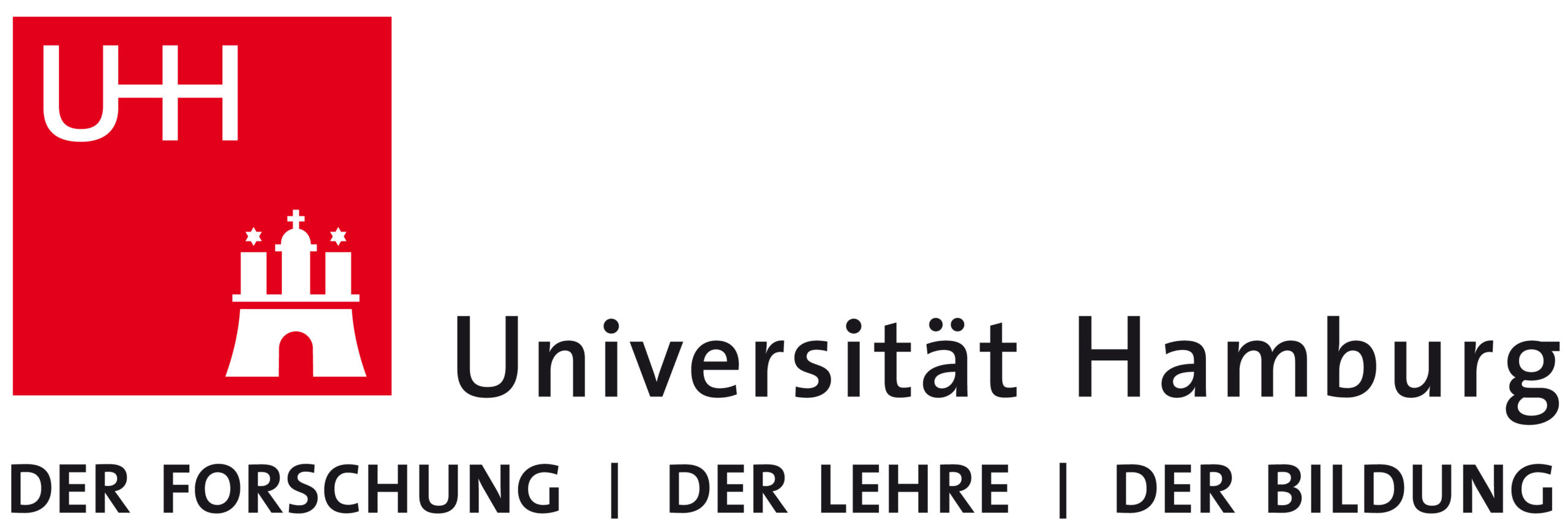Viktoria Tkaczyk is professor of Media and Knowledge Technologies at Humboldt-Universität zu Berlin and currently co-speaker of the International Max Planck Research School “Knowledge and Its Resources: Historical Reciprocities.” After receiving her Ph.D. from Freie Universität Berlin, she was a Feodor Lynen Fellow at the History of Science Research Center REHSEIS (CNRS) in Paris and a member of the Young Academy of the Berlin-Brandenburg Academy of Sciences and Humanities. Between 2011 and 2014, she was Assistant Professor for Arts and New Media at the University of Amsterdam and Dilthey Fellow at the Max Planck Institute for the History of Science in Berlin (MPIWG). From 2015 to 2020 she led the research group “Episteme of Modern Acoustics” at the MPIWG and a subproject on the history of early modern acoustics in the CRC “Episteme in Motion” (FU Berlin) and initiated the database “Sound & Science: Digital Histories”.
Viktoria Tkaczyk specializes in technologies and techniques of knowledge in the early modern and modern periods. Her first book, Himmels-Falten: Zur Theatralität des Fliegens in der Frühen Neuzeit (Fink 2011), on flight as an object of fascination in early modern art and science, was awarded the Ernst Reuter Dissertation Prize in 2008 and the Amsterdam School of Cultural Analysis Book Prize in 2012. Tkaczyk has since explored the long history of acoustics, which spans basic and applied research, the natural sciences and the humanities. Her book, Thinking with Sound: A New Program in the Sciences and Humanities around 1900 was published in 2023 (University of Chicago Press). Currently, she is working on a new project exploring how humanistic and scientific technologies are interlinked with geopolitics and resource regimes, and is preparing a collaborative project on the history of the applied humanities.
Viktoria Tkaczyk’s research interest currently focuses on the eighteenth to the early twentieth century, a time when scientific collections were filled with numerous carefully crafted wax specimens, models, and moulages, while humanities scholars built extensive collections of speech and music recordings using wax phonograph cylinders. Prof. Dr. Tkayczyk’s project at HIAS sheds new light on how these diverse wax collections were part of a transdisciplinary strategy to study and preserve the diversity of human, animal, and plant life. At the same time, the project looks at the various substances used to create the scientific wax objects and their embeddedness in a globalized system of natural resource exploitation, examining the historical working conditions, infrastructures, and delivery systems that enabled the steady and massive supply of vegetable, mineral, and petroleum wax from around the globe – highlighting the environmental damage caused by massive wax production and its impact on local communities whose endangered cultures were partly captured in wax.
Her tandem partner is Markus Friedrich, professor for European history of the early modern period at Universität Hamburg.
Viktoria Tkaczyk’s HIAS fellowship is provided by the Free and Hanseatic City of Hamburg and the federal and state funds acquired by Universität Hamburg in the framework of its Excellence Strategy.
Tandem
Markus Friedrich, professor for European history of the early modern period, Universität Hamburg

Image Information
Photographer: Dietrich Graf , (Phonogramm-Archiv) , Aufnahmedatum: 1994 , Inventar-Nr.: VIII ME 3014 , Systematik: , Kulturgeschichte / Grammophon und Schallplatte , Keine Nutzung für Merchandising-Produkte gestattet!, Copyright: bpk / Ethnologisches Museum, SMB / Dietrich Graf

